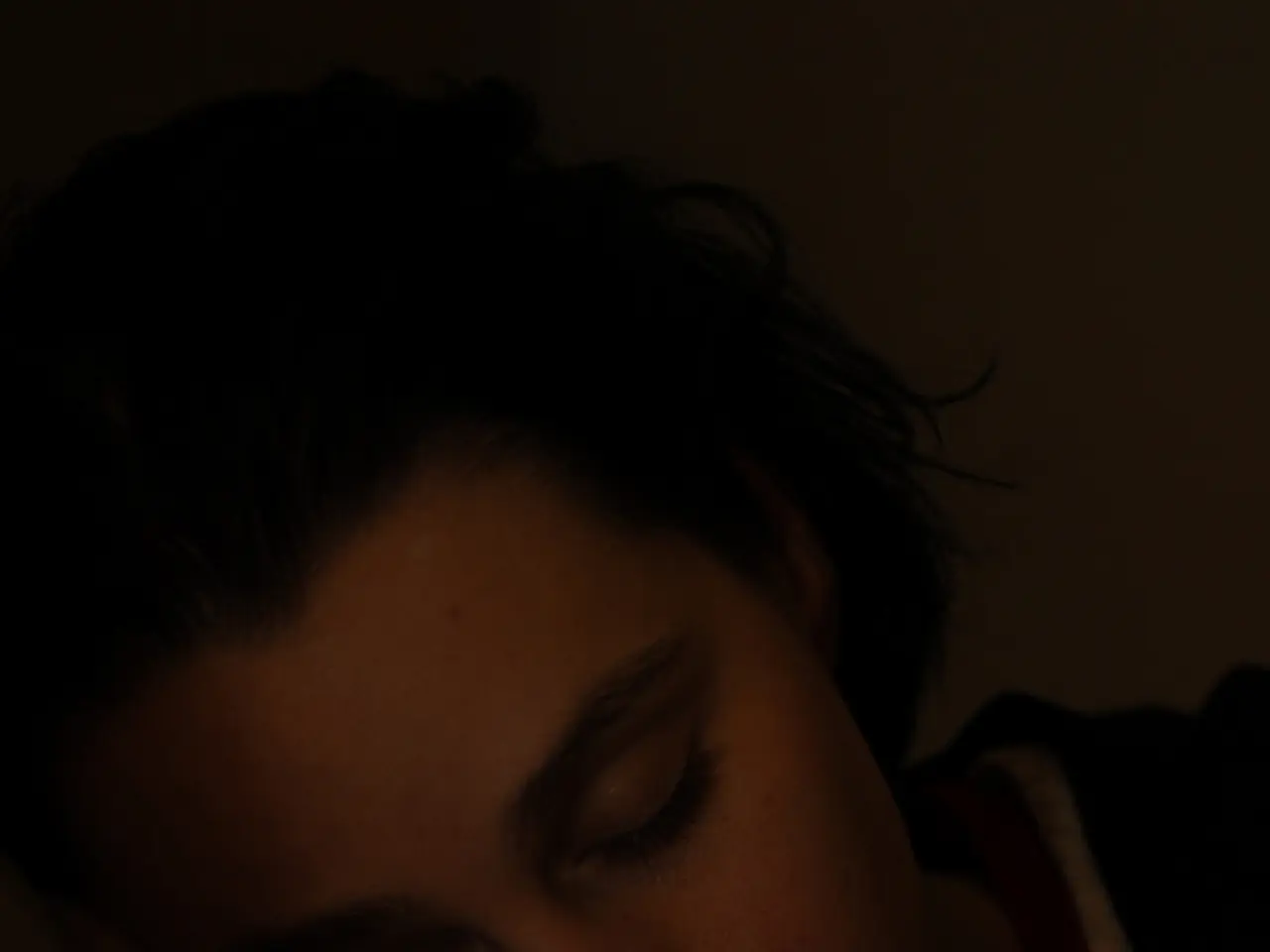Sleep Disorders Connection: Examining the Relationship Between GERD and Sleep Apnea
In a fascinating exploration of health connections, researchers have uncovered a potential link between two common conditions: Gastroesophageal Reflux Disease (GERD) and sleep apnea.
GERD, a condition where stomach acid travels back up the esophagus, can cause discomfort and, in severe cases, damage to the esophagus. This damage can make it feel like a person's airways are blocked, a symptom that may be more pronounced for individuals with asthma or other airway-related conditions.
Interestingly, sleep apnea, a disorder characterised by pauses in breathing during sleep, may have links with GERD. Changes in pressure within the esophagus due to sleep apnea may increase the risk of acid reflux. Conversely, GERD itself raises the risk of obstructive sleep apnea, potentially through inflammation and esophageal irritation affecting airway patency.
The connection between GERD and sleep apnea is multifactorial, involving overlapping risk factors like obesity and smoking, bidirectional physiological effects where reflux disrupts sleep and sleep disturbances worsen reflux, and common psychological influences such as depression and stress.
Lifestyle changes can help manage both conditions. Maintaining a moderate weight, getting regular physical activity, reducing alcohol consumption, avoiding or quitting smoking, and adopting certain sleeping positions can all contribute to better management. For instance, sleeping on the side can promote open airways during sleep and help with sleep apnea symptoms, while elevating the head and upper back during sleep can help ease GERD symptoms.
Medical treatments for GERD and sleep apnea are different. H2 blockers, proton pump inhibitors, and antacids are treatments for GERD, while medical devices such as Continuous Positive Airway Pressure (CPAP) machines, tongue-retaining devices, and mandibular repositioning mouthpieces are used for sleep apnea treatment.
Multiple studies have found a link between GERD and sleep apnea, and a 2023 study even found that individuals with sleep apnea may have a higher risk of developing GERD. Around 12% of participants with GERD also had obstructive sleep apnea. However, more research is necessary to fully understand the link between these two conditions.
In conclusion, understanding and managing the shared risk factors between GERD and sleep apnea are crucial for improving the quality of life for those affected by these conditions. By making lifestyle changes, seeking medical advice, and understanding the physiological connections, individuals can take active steps towards better health.
Read also:
- Trump's SNAP reductions and New York City Council's grocery delivery legislation: Problems for city residents highlighted
- Reducing dental expenses for elderlies in Sweden: Over 50% cut in charges for pensioners by the government
- Forty-year-old diet: A list of meal choices to savor
- Exiled Life's Conundrum: A Blend of Liberation, Disillusionment, and Distress





